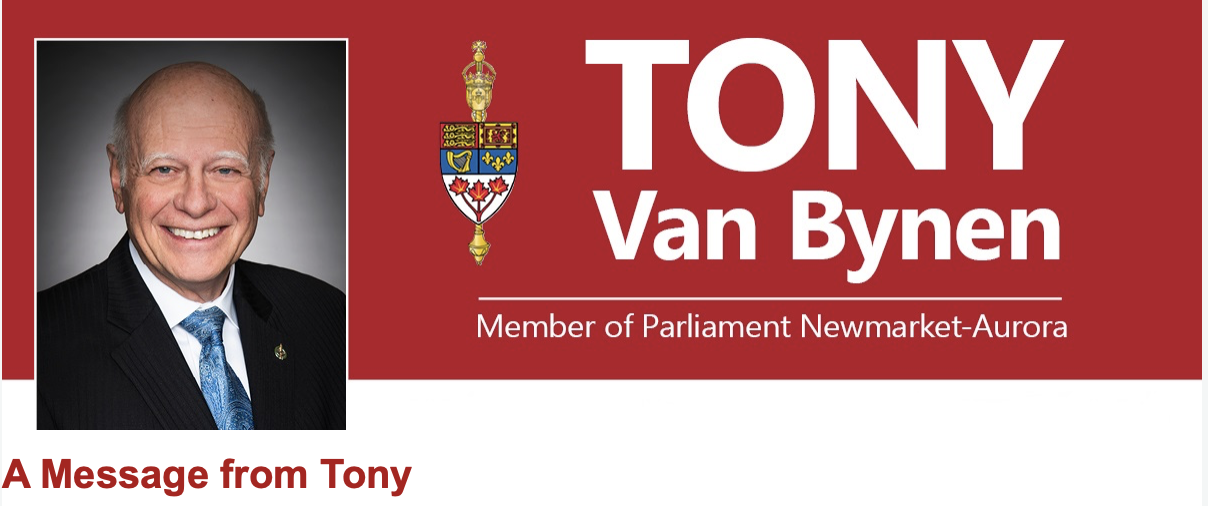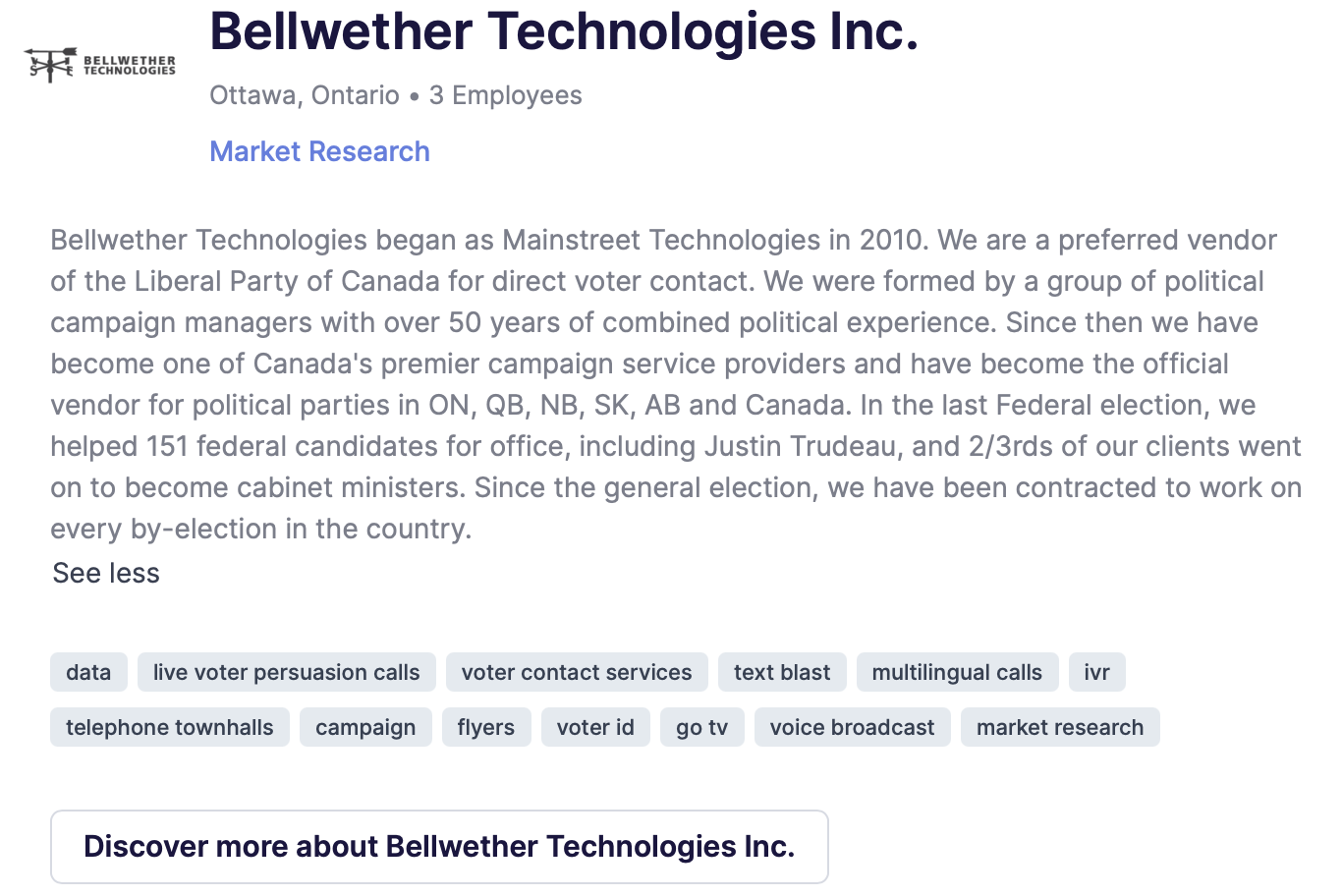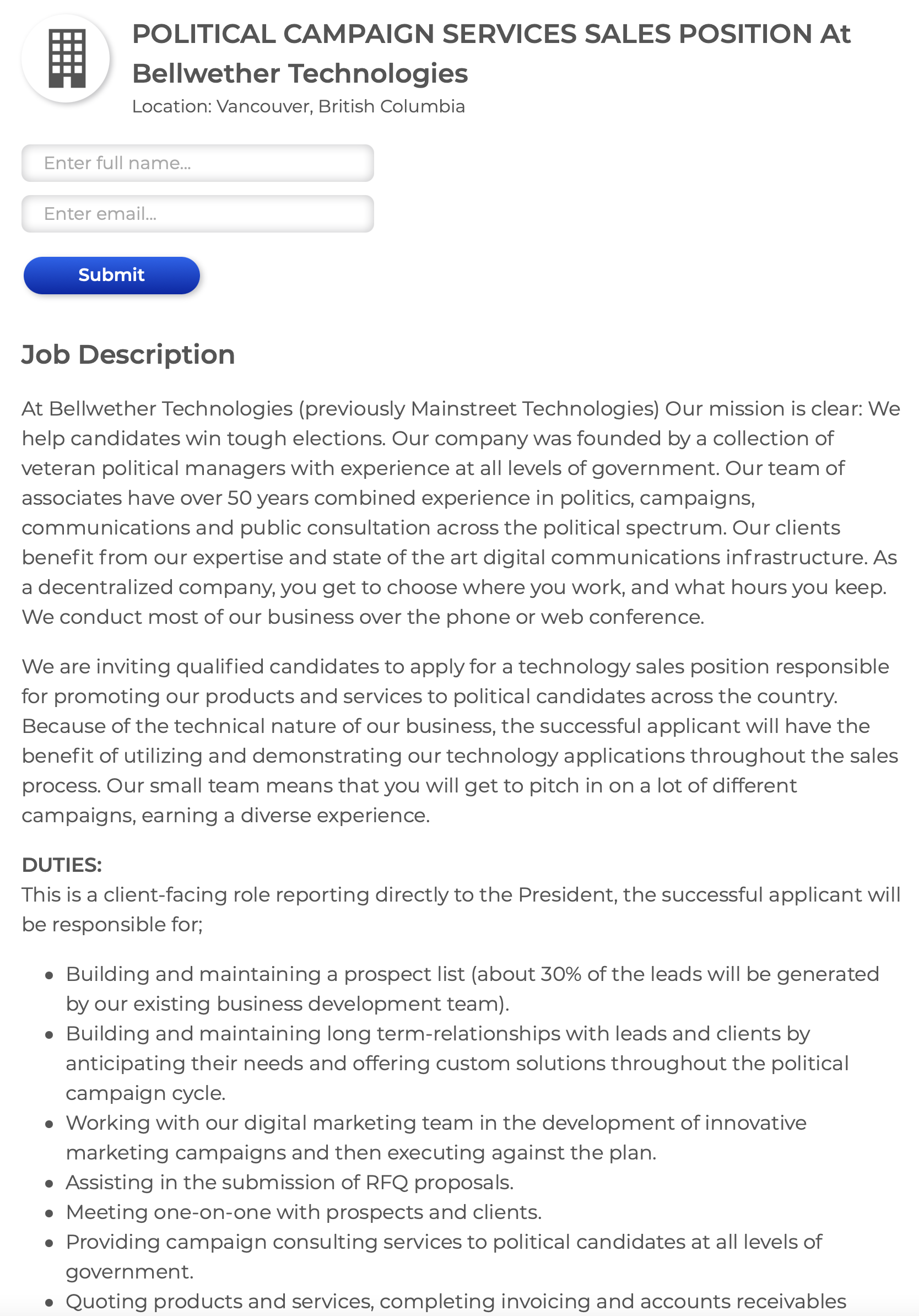By all accounts an early election could be just around the corner though I tend to agree with Jagmeet Singh who says there is no good reason to call one, especially in the middle of a pandemic that remains unconquered. 
But if we are plunged into an early election then sitting MPs have a head start over their challengers – they have the name recognition and high visibility that incumbency and taxpayer funded advertising budgets bring.
Decades ago, as a new MP at Westminster, I recall an old hand telling me: “Never do good by stealth.” It was good advice. MPs are in the business of blowing their own trumpets. It goes with the job. The question is: who pays?
Once an election has been called candidates’ spending is strictly regulated by law but, until then, MPs can advertise their services and, of course, their opinions on the taxpayers’ dollar.
Spending up six-fold
Latest figures from the Parliament of Canada website show Newmarket-Aurora’s Tony Van Bynen has increased his advertising spend six-fold from the last quarter of 2020 to the first quarter of 2021 – the latest period for which figures are available. In the three months from January to March this year he spent an impressive $14,856.22 telling us what he is up to.
MPs are permitted to spend up to 10% of their annual office budgets on advertising. This allows Van Bynen to spend $40,417 on advertising which he is only now beginning to ratchet up after a slow and modest start.
Within his latest quarterly claim for advertising, $5,850 went to Bellwether Technologies. In a previous quarter the company was paid $1,324 for “professional communications services”.
But what does Bellwether actually do for this money? Only two other members of the Liberal caucus in Ottawa have contracts with the firm. There are few clues there.
Robocalls
Bellwether’s website mentions telephone Town Halls but they also do live voter persuasion calls and provide voter contact services. 
Bellwether Technologies is deeply involved in political campaigning. The company says it is the preferred vendor of the Liberal Party of Canada for direct voter contact.
The company is registered with the Canadian Radio-television and Telecommunications Commission as a “calling service provider” allowing the firm to identify voters and provide live or robocalls to voters during elections. The Liberal Party makes use of Bellwether in its election campaigns.
A foot in both camps
Bellwether appears to have a foot in both camps. It does overt political campaigning work while apparently also doing other non-political stuff such as setting up telephone Town Halls and constituent contacts.
Van Bynen does robocalls to his Newmarket-Aurora constituents but who gets contacted and why? Are the calls made randomly? Or is there a database listing constituents’ attributes?
And can the bona fide constituency and casework management side, and the legitimate telephone Town Halls and robocalls paid for by the taxpayer, ever shade into the political work – paid for by election campaigns? And if it did, how would we ever know?
Data Sciences and NGP
In the way of these things, the Conservatives recently alleged that Liberal MPs have been using parliamentary funds to pay for services from companies that provide two of the governing party’s most important digital campaign operations, and that also run its powerful voter-contact database – Data Sciences and NGP.
The Globe and Mail ran a series of articles on the issue after examining MPs’ expenses filed in the House of Commons. The investigation showed:
“149 Liberal MPs, or 97 per cent of the caucus, made payments out of their office budgets to Data Sciences Inc., founded by a close friend of Justin Trudeau.”
Fired up by the Globe and Mail’s reporting, the Conservatives forced the recall of the House of Commons Ethics Committee which, after hours of debate and much feigned outrage, left the matter hanging in the air, unresolved.
Smear campaign or grey area?
The Liberals clearly believe the Globe and Mail revelations don’t amount to a hill of beans. It is a wholly predictable smear campaign from their political opponents.
The NDP’s Alexandre Boulerice says the Party was disturbed to learn that almost the entire Liberal caucus had given parliamentary funding to Data Sciences and NGP.
“The lines have been blurred; this is a grey area… Is the Liberal Party of Canada spending parliamentary funds on a database that it uses for partisan purposes? It is entirely appropriate for us to ask that question, especially since Data Sciences is owned by Thomas Pitfield, a personal friend of the Prime Minister.”
Liberals on the Ethics Committee insist there is a firewall between these databases to ensure that the information collected in an official capacity is not mixed with partisan databases – and in any event they say the NDP and the Conservatives do exactly the same as the Liberals. The proverbial pot is calling the kettle black.
Unannounced audits
One way to guard against the possibility of abuse would be for the House of Commons authorities to permit unannounced audits of MPs’ constituency databases to ensure there is an unbreachable firewall between those constituency casework databases and those used for voter contact and election campaigning.
There would have to be two separate stand-alone systems that couldn’t talk to each other.
But, on the strength of what we know at the moment, how that would work in the case of Bellwether Technologies is a debateable point.
This email address is being protected from spambots. You need JavaScript enabled to view it.
Bellwether provides database services:

Bellwether is a decentralized company:

